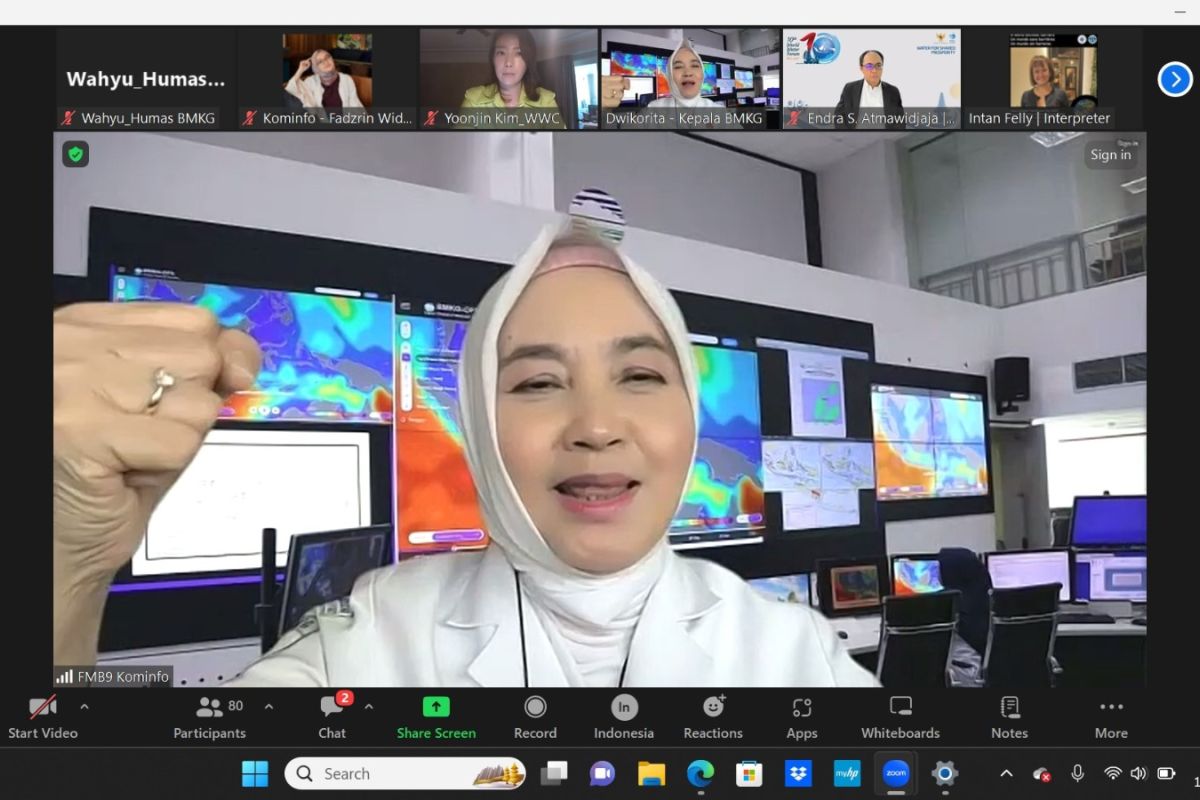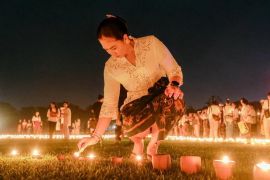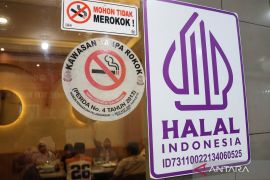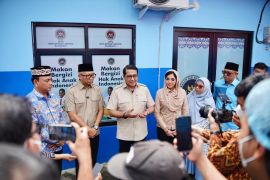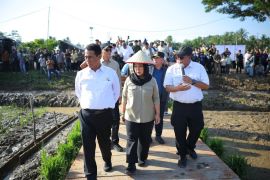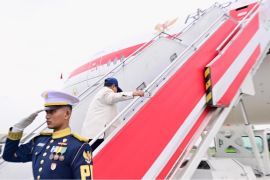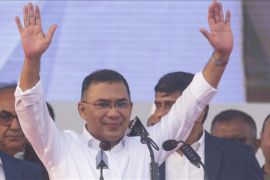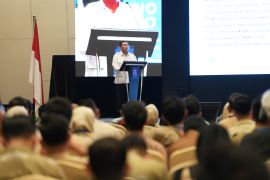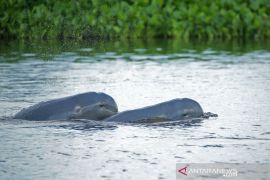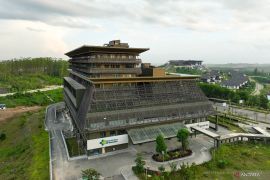"Indonesia has quite good technological capabilities, plus various local wisdom of the community, which can close the capacity and resilience gap in overcoming the water crisis due to climate change," BMKG head Dwikorita Karnawati said in a statement issued here on Tuesday.
She emphasized that the use of appropriate technology can help minimize the risk of natural disasters due to climate change.
With advanced technology, weather and climate information and data can be published and disseminated to the public so that steps to prevent, mitigate, or reduce disaster risk can be taken before a disaster occurs, she explained.
Karnawati said that currently, there is a wide gap between developed countries and developing countries, island countries, and poor countries in terms of socioeconomic conditions and technological capacity.
This is affecting the resilience of countries in adapting to and mitigating climate change, especially its impact on the availability of water, food, and energy, she added.
Based on reports from the World Meteorological Organization (WMO), 60 percent of disaster losses in developed countries occur due to climate change, Karnawati pointed out.
However, the impact on their gross domestic product (GDP) is only around 0.1 percent.
Meanwhile, in developing countries, 7 percent of disaster losses can affect the GDP by up to 5–30 percent.
In island countries, 20 percent of disasters can have an impact of up to 50 percent on the GDP. For some countries, the impact on GDP can even reach 100 percent.
This situation could also further exacerbate economic disparities, which affect the welfare and resilience of society in adapting to and mitigating climate change, she said.
"Developed countries may think this problem is an easy problem. However, for developing, island, and poor countries, this problem can have a very big impact," she added.
Therefore, Karnawati emphasized that the World Water Forum (WWF), which will be held in Bali from May 18 to 24, 2024, can be a momentum for collaboration in efforts to close the gap between nations so that the climate crisis and water crisis can be anticipated more quickly — globally, regionally, and locally.
She added that anticipating the water crisis will require the involvement of several parties, including the government, academics or scientists, the private sector, the public, and the media.
Related news: WWF momentum to improve drinking water access: ministry
Related news: Indonesia needs 300 more dams to face water crises: Ministry
Related news: World Water Forum to promote collaboration for mutual prosperity
Translator: Zubi Mahrofi, Katriana
Editor: Azis Kurmala
Copyright © ANTARA 2023
